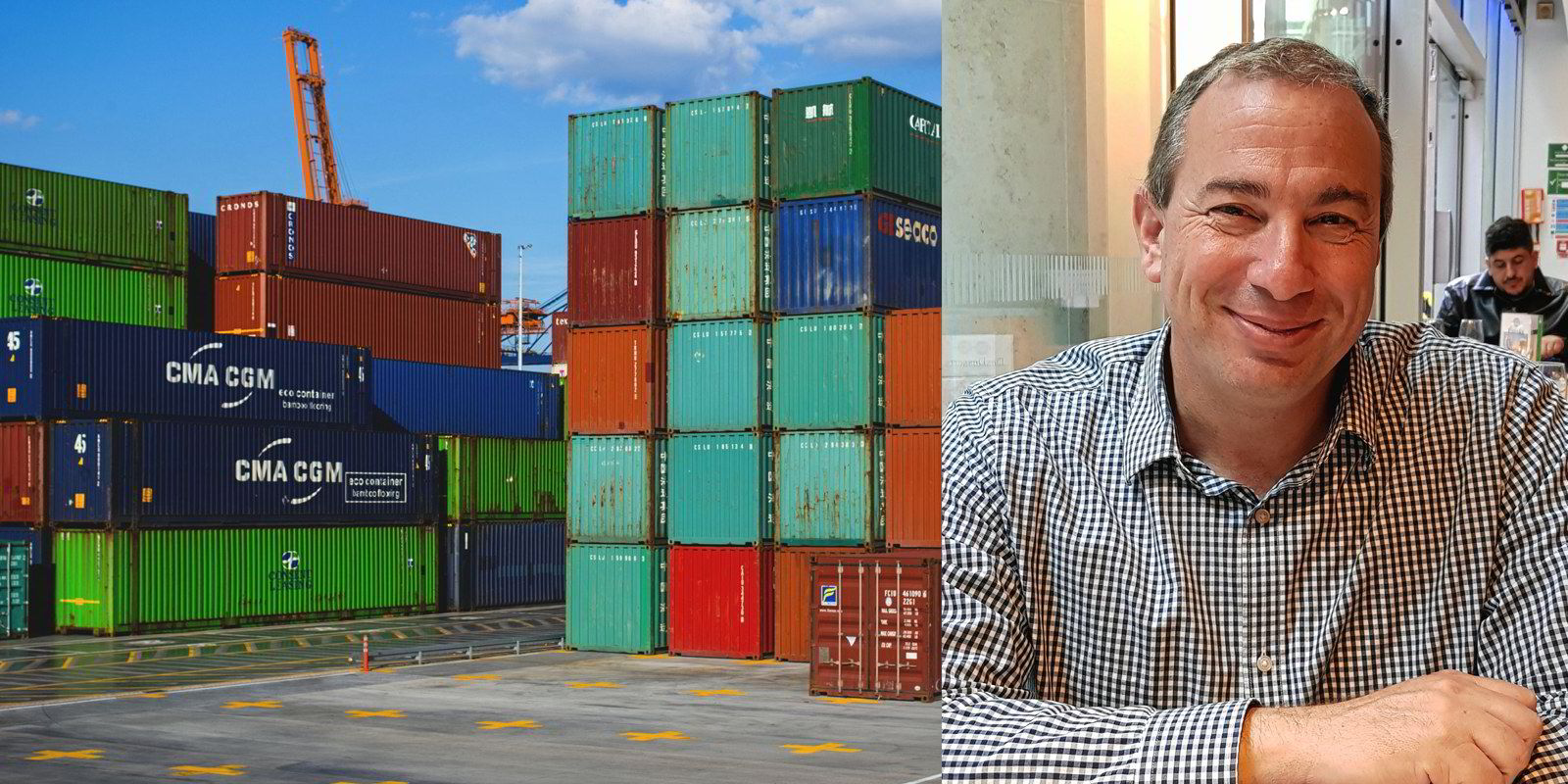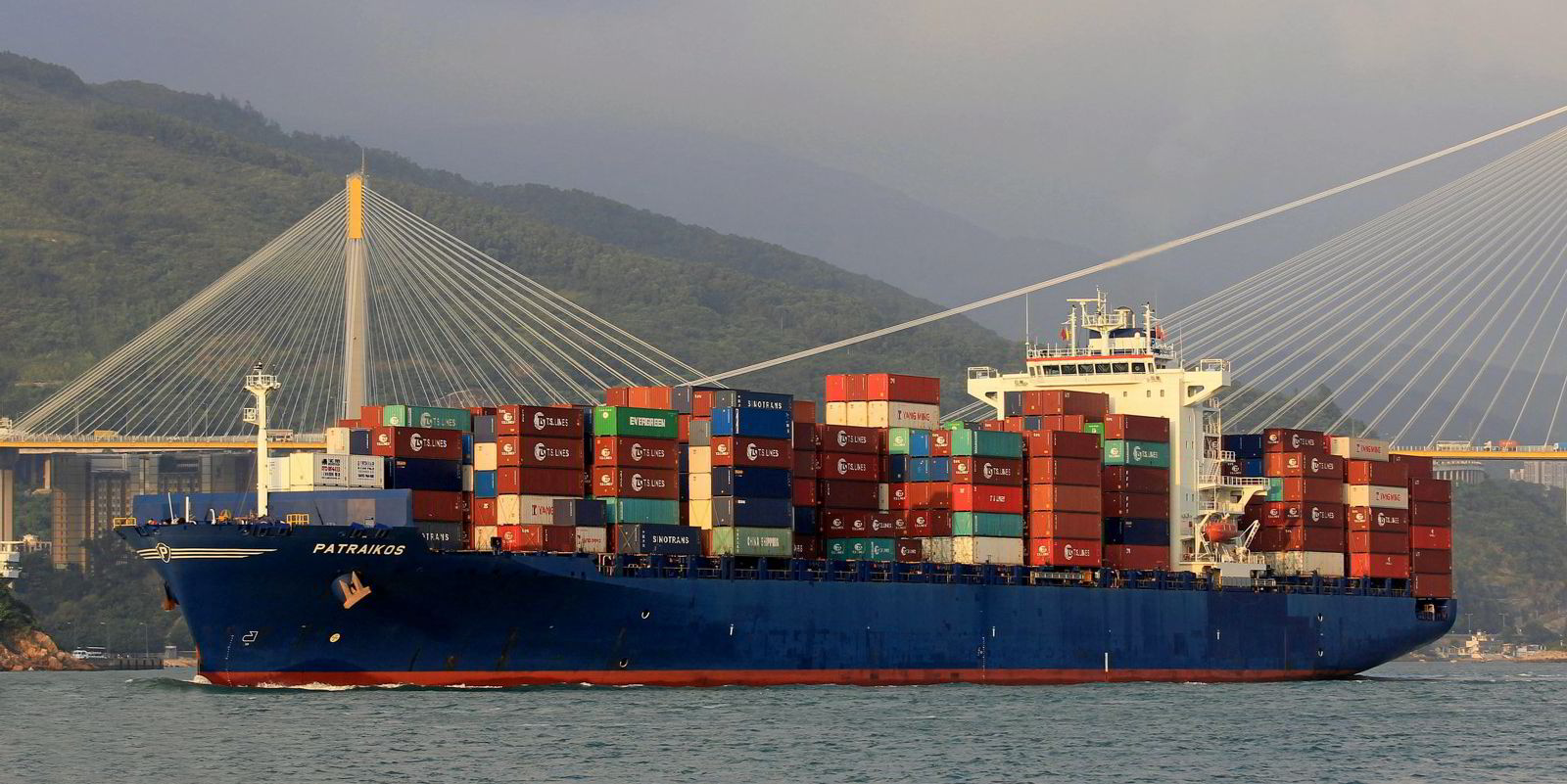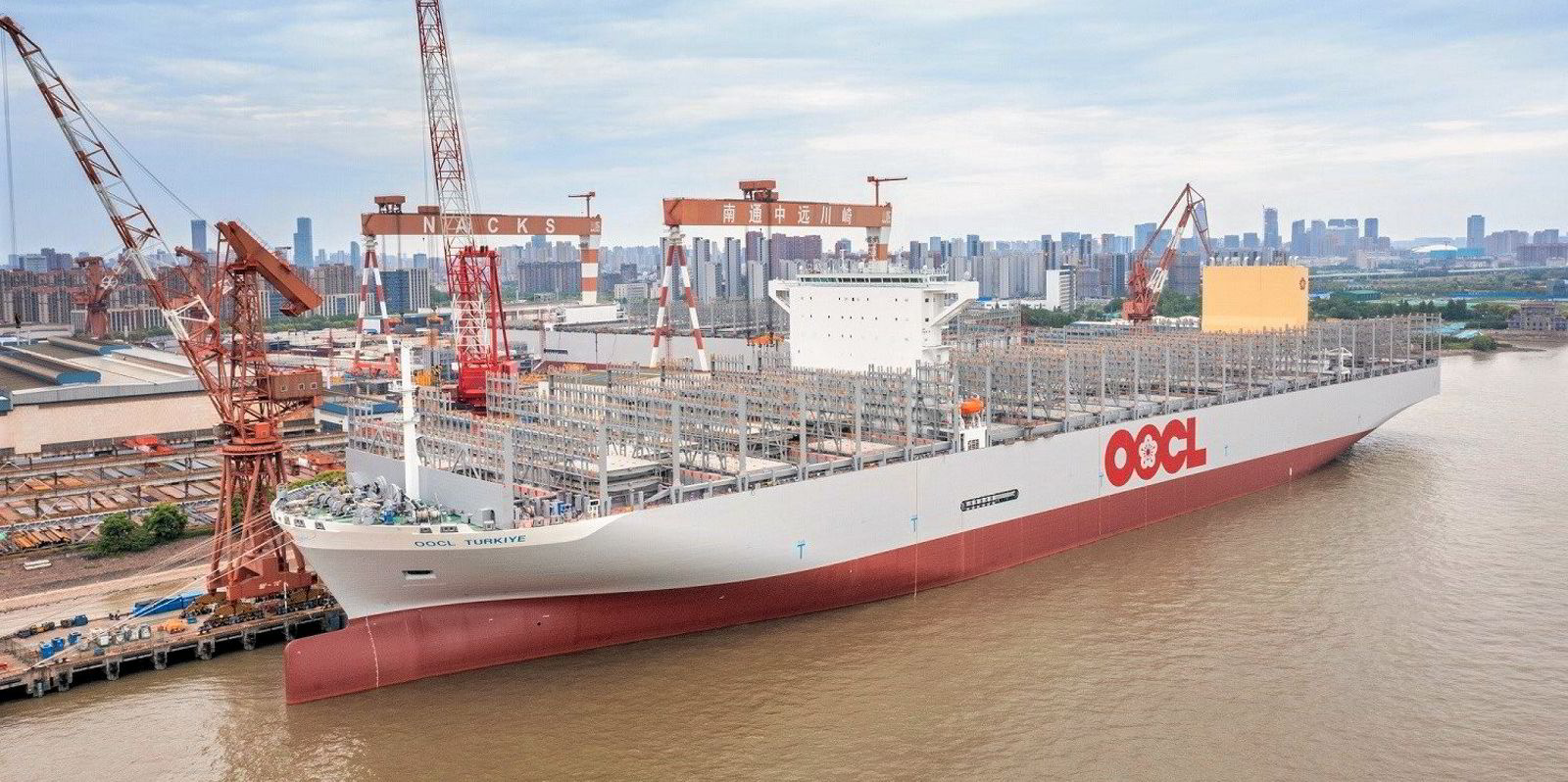Digital freight tech firm Freightos has slimmed losses as transaction volumes rose and it trimmed expenses in a challenging container market.
The Jerusalem-based, US-listed company reported a loss of $3.32m in the final quarter of 2023, down from $9.09m a year earlier.
That came on the back of revenue that increased to $5.26m in the fourth quarter, up from $4.85m a year earlier, and operating expenses that dropped to $7.91m from $11.8m.
Freightos reported a record for quarterly transactions, which rose 36% to 287,000 in the last three months of the year compared with the same period of 2022.
The improvements in the quarterly numbers were not enough to prevent the Israeli company’s full-year loss from ballooning to $65.5m, up from $24.7m. But its annual transaction volume rose to nearly 1.03m.
“As we reflect on our first year as a public company — a year marked by significant challenges for the freight industry — Freightos not only demonstrated remarkable resilience but also achieved a significant milestone in the growth of our platform, powering over a million transactions in 2023,” chief executive Zvi Schreiber said in the earnings statement.
“This pivotal year has solidified our position as a leading platform for international freight, highlighting how our relentless drive to digitalise the industry delivers exceptional value to our customers.”
As the container freight market was falling from the heights experienced during the pandemic, Freightos announced an operational efficiency plan in July that aimed at reducing its employee headcount by 13% and improving adjusted Ebitda by $5.6m per year.
Chief financial officer Ran Shalev said the company has shown solid growth in 2023 and “solid progress toward profitability” as it struck a balance between fostering growth and managing costs.
The company expects to increase its volume to between 1.29m and 1.38m transactions, growth of 26%-34% from last year’s numbers.
That is expected to bring adjusted Ebtida to a loss of between $13.8m and $15.3m, compared with a $19m adjusted Ebitda loss in 2023.
“As we enter 2024, we aim to efficiently scale transactions and revenue, while further reducing our cash burn,” Shalev said.
“Our long-term financial strategy is about establishing our platform as a standard in the digital international freight market.”





